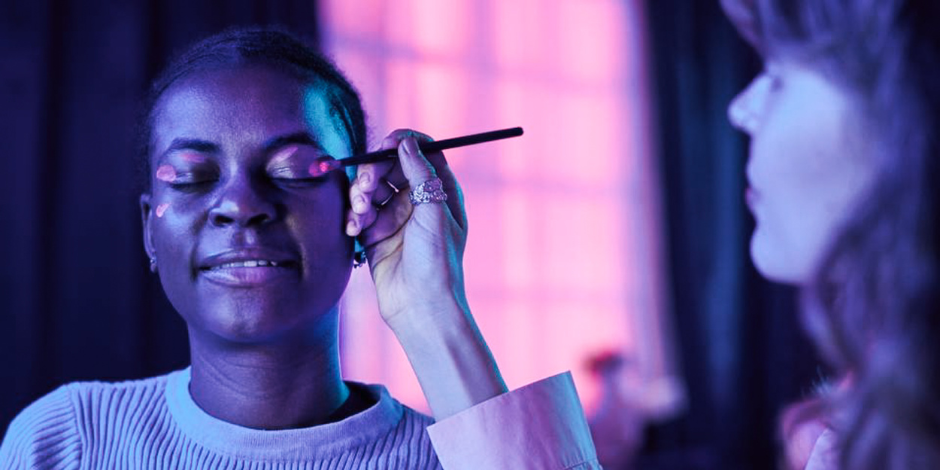Social media has turned looking good into a social movement, with LVMH’s Sephora brand leading the pack.
Teens and young adults have been self-absorbed with appearance since at least the Boomer generation began coming of age in the rock-and-roll ’50s. Today, propelled by the explosion of user-generated “influencer” content on social media sites, it’s Gen Z, along with Millennials, driving global growth in the beauty and personal care business.
The worldwide market in 2023 was estimated at about $550 billion, with North American sales representing about 25%.
Through 2030, forecasts call for compound annual growth of up to 7.7%—not bad when measured against the roughly 3% increase that the National Retail Federation forecasts for all U.S. retail sales for the current year.
A principal driver has been Gen Z’s embrace of user-generated content on social media.
Looking good has become a team sport, so to speak. On TikTok and YouTube, there are hundreds of videos made by teenagers as young as 13 demonstrating their daily skincare and makeup routines and the products they use.
That teenagers are obsessed with wrinkles is arguably worrisome, but this is the world our children live in today. Opportunities for self-expression seem limited, video filters “fix” imperfect complexions and create impossible aspirations, and making a good impression seems to matter more than ever.
In a survey conducted last spring by consulting giant McKinsey & Co., American Gen Zers said they planned to splurge on beauty products in the future.
Leading the brands catering to this market is Sephora, owned by the French luxury group LVMH Moët Hennessy Louis Vuitton. In 2020, in the depths of the Covid-19 crisis, Kohl's announced a partnership with Sephora to open stores within its stores.
It proved to be a brilliant move for Sephora. By 2023, more than 900 Kohl's locations had added Sephora sections, and today, there are more than 1,000. The results have been phenomenal. Sephora store-in-store sales were $1.4 billion in 2023 and are projected to hit $2 billion by 2025.
According to London-based Pass_by, a retail industry forecasting service, Sephora has notched more than a 20% increase in store visits by Gen Z and about the same for Gen X (44–59 years old).
Gen Z men are also helping to boost global beauty sales, particularly in Asia, according to a recent McKinsey & Co. report.
A third of Asian men in the McKinsey survey said they use makeup regularly, compared with 5% of men in the United States and 10% of men in Europe.
“Just because Gen Z intends to splurge on beauty products doesn’t mean sales are a guarantee for any one brand,” says McKinsey senior partner Kristi Weaver. Brands need to develop a “meaningful, authentic, and collaborative connection” with consumers—in other words, listening to customers and creating community with them.
Says Weaver, “Beauty leaders must ensure their brands grow and mature alongside Gen Z.” Good advice for any retail business.
Subscription Required.














